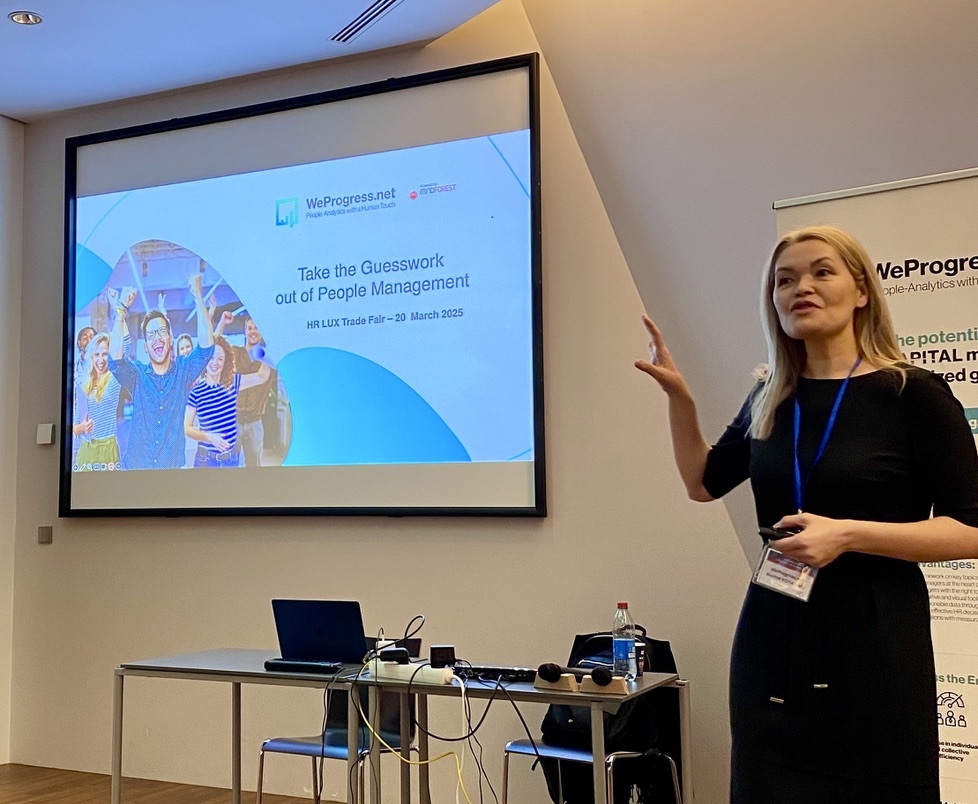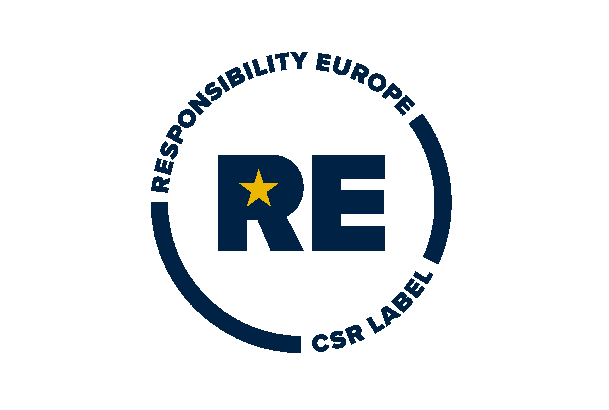Appreciative Inquiry : comment l'utiliser pour soutenir la gestion du changement ?
Développée aux États-Unis à la fin des années 1980, l'approche Appreciative Inquiry (exploration positive) gagne aujourd'hui du terrain. Contrairement aux méthodes SWOT traditionnelles, l'Appreciative Inquiry se concentre sur les réussites et les éléments positifs présents dans l'organisation, qui sont beaucoup plus susceptibles de susciter l'enthousiasme et l'adhésion des équipes pendant une période de changement. Ouvrir le dialogue sur ce qui fonctionne bien, et non sur les problèmes, favorise l'engagement collectif et permet d'adopter une posture radicalement différente, plus propice à la créativité et au changement transformationnel.
Quatre grands principes caractérisent cette approche :
- Se concentrer sur ce qui fonctionne
- Mener des entretiens appréciatifs
- Impliquer le plus grand nombre de personnes possible
- Utiliser des métaphores significatives
L'enquête appréciative révèle tout son potentiel lorsqu'elle est utilisée comme approche de gestion du changement. Au cœur du processus, des ateliers impliquent tous les employés, qui deviennent à la fois acteurs du changement et constituent une masse critique d'employés favorables. L'objectif premier de ces ateliers est de mettre en évidence ce qui doit changer en se concentrant sur ce qui génère le succès. L'identification des meilleures réussites et des leviers qui les génèrent est réalisée lors d'entretiens appréciatifs, menés au préalable, qui permettent ensuite de mettre en évidence les thèmes récurrents et les différentes visions de l'organisation. Ces éléments, les réussites et les citations issues des entretiens, sont mis en scène, publiés, puis discutés lors d'ateliers visant à engager les participants dans un changement positif, à construire une vision et à créer un plan d'action basé sur les questions : "Qu'est-ce qui marche ?", "Quelles sont les meilleures pratiques à développer ? L'objectif est d'imaginer des opportunités de changement positif et de constituer des équipes de volontaires pour développer les projets. Les valeurs liées à l'exercice sont essentielles pour encourager le changement : la fierté, l'ouverture et la confiance.
L'Appreciative Inquiry produit des résultats concrets et mesurables : nouveaux outils, nouvelles méthodes de travail, gains de productivité, réduction de l'absentéisme, mais aussi des résultats plus complexes à appréhender : changements d'attitudes, meilleure communication transversale, évolution culturelle.
Laissez-nous vous aider
VOUS SOUHAITEZ RECEVOIR NOS DERNIÈRES INFORMATIONS?
Articles associés
 Take the Guesswork out of People Management
Take the Guesswork out of People Management
 Des processus aux personnes : atteindre la qualité
Des processus aux personnes : atteindre la qualité
 Oser la transformation positive : Et si le capital émotionnel positif était la clé d'un changement durable ?
Oser la transformation positive : Et si le capital émotionnel positif était la clé d'un changement durable ?
 Pourquoi engager des professionnels de la gestion du changement ? Nous pouvons le faire seuls !
Pourquoi engager des professionnels de la gestion du changement ? Nous pouvons le faire seuls !
 Transformation numérique et gestion du changement : Leçons partagées lors d'un événement organisé par Cebi et MindForest
Transformation numérique et gestion du changement : Leçons partagées lors d'un événement organisé par Cebi et MindForest



